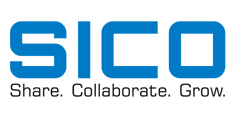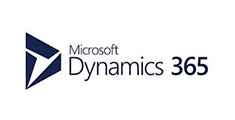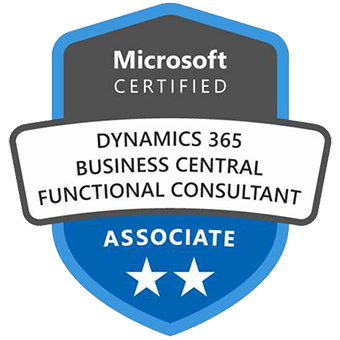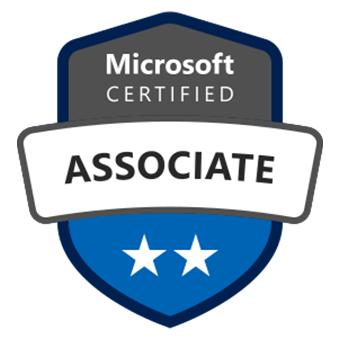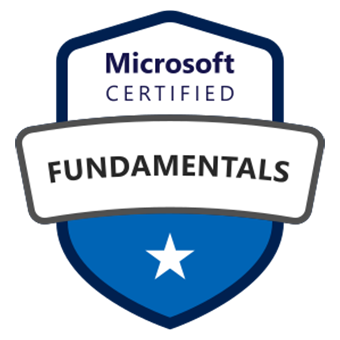Power BI vs. Tableau: A Comprehensive Comparison
WebSiteAdmin, August 30, 2024489 Views
Choosing the right data visualization tool is essential for any business aiming to make data-driven decisions. Power BI and Tableau are two of the most popular options available, each with its own set of strengths. This article provides a concise comparison to help you determine which tool might best suit your needs, highlighting areas where Power BI stands out.
1. Ease of Use and Learning Curve
Power BI is known for its user-friendly interface, particularly for those familiar with Microsoft products like Excel. Its drag-and-drop functionality makes it accessible for beginners and efficient for advanced users.
Tableau offers robust visualization capabilities but has a steeper learning curve. Users often need more time to master its advanced features, which could be challenging for organizations needing quick onboarding.
2. Integration with Other Tools
Power BI seamlessly integrates with Microsoft products such as Excel, Azure, and Teams, making it an ideal choice for organizations already using Microsoft’s ecosystem. This integration allows for efficient data sharing and collaboration.
Tableau also integrates with a variety of third-party tools but does not offer the same seamless experience with Microsoft products, which might be a drawback for businesses heavily invested in the Microsoft suite.
3. Cost and Licensing
Power BI offers a free version and an affordable paid version (Power BI Pro), making it a cost-effective solution for businesses of all sizes. The Premium version adds advanced features at a competitive price.
Tableau generally comes with a higher price tag, which might be less appealing for budget-conscious organizations or those that do not need its full range of advanced features.
4. Visualization and Customization
Power BI provides a range of visualization options suitable for most business needs and continually updates its features. While it may not match Tableau’s depth in visualization, it offers a balanced approach that covers a wide range of use cases.
Tableau excels in offering highly customizable and detailed visualizations, making it a preferred choice for users whose primary focus is on advanced data visualization.
5. Community and Support
Power BI benefits from Microsoft’s extensive support network and a rapidly growing user community. Frequent updates and strong community engagement ensure that users have access to the latest features and support.
Tableau also has a vibrant community and strong support options, though its reliance on community-driven solutions for certain advanced features can make learning and troubleshooting less straightforward.
Conclusion
Both Power BI and Tableau are powerful tools for data analytics and visualization, but they cater to different needs. Tableau is ideal for those who need advanced visualization capabilities, while Power BI stands out for its ease of use, integration with Microsoft products, and cost-effectiveness.
For organizations looking for a versatile, user-friendly, and affordable data visualization tool that integrates seamlessly with their existing workflows, Power BI often proves to be the better choice.



